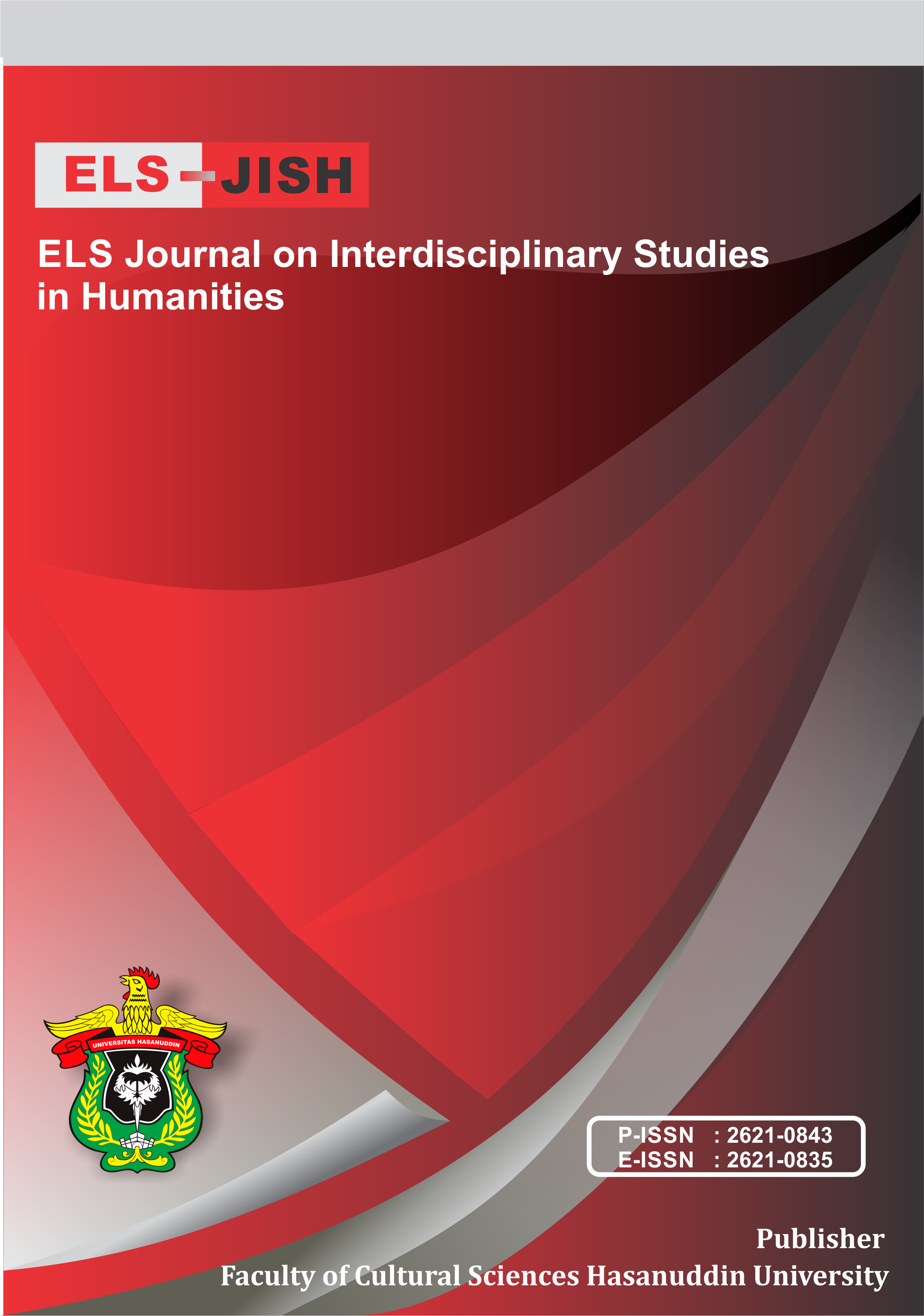Adult EFL Learning in Digital Era
DOI:
https://doi.org/10.34050/elsjish.v3i3.8005Keywords:
Speaking Ability, Digital Language Learning, Traditional Language Learning, Schema TheoryAbstract
This research aims at finding out the use of Digital Language Learning better than the Traditional Language Learning to enrich the Adult EFL learners' schema in developing their speaking ability. This research also aimed at scrutinizing how the finding of Digital Learning Learning (DLL) challenges the theory of schema for adult EFL learners and exploring the learner's attitude. This research used a quasi-experimental research design. The samples of this research were the third-semester students of Universitas Sulawesi Barat which belonged to two groups; the experimental group and the control group. The research data were collected using two kinds of instruments; the speaking test and the questionnaire given to both groups. The research results indicated that: (1) the Digital Language Learning can significantly improve the learners' schema in developing the speaking ability than Traditional Language Learning. (2) This research disclosed some Digital Language Learning features namely knowledge sharing, active and collaborative learning, learner-centered, activity, and networking. Those features are the digital language learning better than Traditional Language Learning to enrich adult EFL learners in developing their speaking ability. (3) Most of them agreed that the Digital Language Learning better than the Traditional Language Learning enriches the learners' schema in developing speaking ability. Of most significant importance, this research's novelty contributes to the schema theory that digital language learning better than traditional language learning, particularly interactivity and networking.
References
Aswad, M., Rahman, F., Said, I. M., Hamuddin, B., & Nurchalis, N. F. (2019). A Software to Increase English Learning Outcomes: An Acceleration Model of English as the Second Language. The Asian EFL Journal. 26.(6.2), 157-169.
Cameron, D. (2001). Working with Spoken Discourse. Oxford: SAGE Publications, Ltd.
Chaney, A.L., & Burk, A. L. (1998). Teaching oral Communication in Grades K-8.. Boston: Allyn & Bacon.
Ermawati. (2018). Understanding Teacher’s Perceptions toward the Use of ICT Hardware in Creating Learning Environment. Proceeding of the 1st International Conference on English Language Education. Makassar. UIN Alauddin Makassar.
Nunan, D. (1999). Second Language Teaching and Learning. USA: Heinle and Heinle publisher.
Rahman, F. (2017). Cyber Literature: A Reader Writer Interactivity. International Journal of Social Sciences & Educational Studies, 3(4), pp. 156-164. https://doi.org/10.23918/ijsses.v3i4p156
Susiati, S., Iye, R., & Suherman, L. (2019). Hot Potatoes Multimedia Applications in Evaluation of Indonesian Learning In SMP Students in Buru District. ELS Journal on Interdisciplinary Studies in Humanities, 2(4), 556-570. https://doi.org/10.34050/els-jish.v2i4.8455
Vander Ark, T. & Schneider, C. (2012). How Digital Learning Contributes to Deeper Learning. Retrieved from: http://gettingsmart.com/wp-content/uploads/2012/12/Digital-Learning-Deeper-Learning-Full-White-Paper.pdf
Downloads
Published
Issue
Section
License
Copyright (c) 2020 ELS Journal on Interdisciplinary Studies in Humanities

This work is licensed under a Creative Commons Attribution-NonCommercial 4.0 International License.






